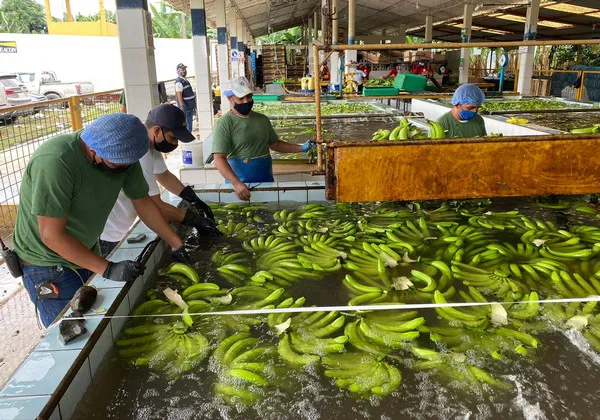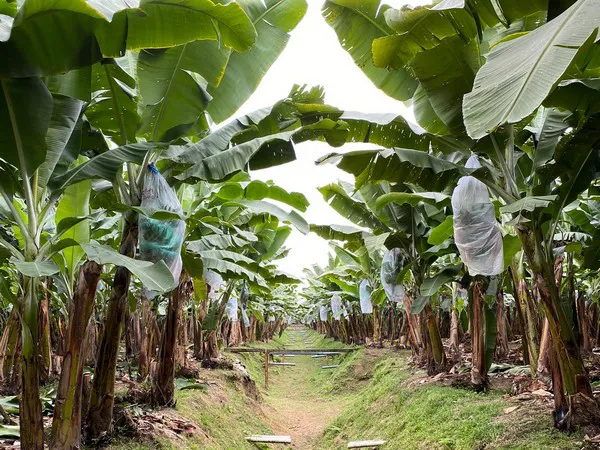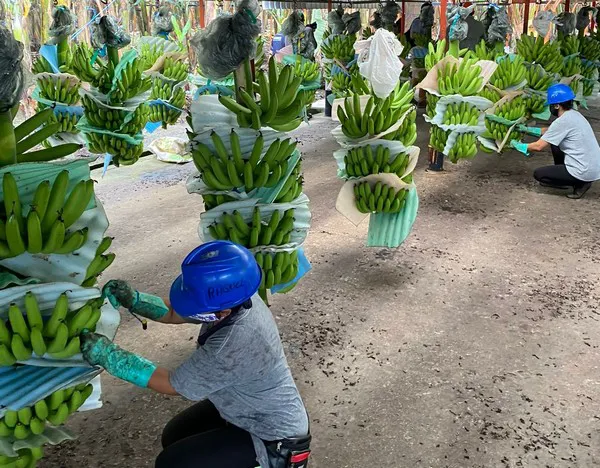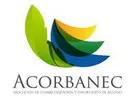After months of struggle to get retailers in Europe to adhere to a commitment of responsibility, the Latin American banana sector is happy with the decision of the German supermarket Aldi, which has announced it will take a step forward to ensure greater sustainability in its banana supply chain through the implementation of "more responsible purchasing practices and increased transparency of the production costs," as reported on its own website. The supply will now be entirely based on the Fairtrade methodology.
"The Latin American banana producers and exporters guilds, later joined by the ACP and, lastly, by the European producers, have been jointly making this request. Last March we were in Brussels, at the European Parliament and the European Commission, and also at Fruit Logistica in Berlin, where we met with several European supermarkets to request this shared responsibility," says Richard Salazar, executive director of Acorbanec.

"In August we have received a visit in Ecuador from Franca Rodriguez, of Aldi Sud, and she told us about this measure, which we celebrate, and we hope that other supermarkets will follow in their steps. We want to feel that we have made ourselves heard and that we have raised awareness about the fact that sustainability in the production and export of bananas was at risk, even for the supply to Europe and other markets, if we continued with the same policies."
And the fact is that, while in a very difficult inflationary situation, which is taking a toll on the global supply chain, and while also immersed in a severe logistics and energy crisis (it is worth recalling that the rise in oil and energy costs since 2021 has had a decisive impact on the escalation of the cost of all inputs), with margins that have been narrowing rapidly as the months went by, the banana sector has had to deal with the European retail sector avoiding a necessary revision of the fruit's purchase prices.
"On the one hand, we had higher costs, and on the other, also a lower productivity, while international buyers were paying us less for our fruit. Given their lower income, many banana producers have not been able to properly care for their farms and have reduced their production. To this we must add the implementation of the MRLs by the European Union, which resulted in the practical abandonment of several chemical molecules which had often been used in the crop. We have complied with these changes, but we've had to deal with higher production costs, since we have used other, more expensive inputs and the production efficiency has been affected."

"We respect the discount supermarkets' policies and strategies to attract their customers, but they must understand that they cannot continue this way, because they are not only putting Latin American bananas at risk, but also the European banana production and the fruit of European producers in general. This is nothing new; the weakest link of the chain, the producers, has always been the one that has had to assume the risks of this policy, and in our case, we were already immersed in a survival economy. That is why we welcome this measure, which will guarantee sustainability in the production and, in one way or another, food security in Europe.
Fairtrade methodology
The huge size of discounter Aldi in Europe makes it one of the leading supermarkets; therefore, this measure is giving rise to optimism about generalized changes in banana purchasing policies in the European retail sector, which is an important client for the industry of the largest banana exporter on the planet, Ecuador.

"The consumers are aware of what is going on in the world; they know that their food is more expensive, and they will understand that it is necessary to make an adjustment to the price of bananas, and if there is any price increase, it will be slight, just cents," says Richard Salazar. "Products such as ours merit an increase. And this applies not only bananas, but to fruits and vegetables in general."
"That is why I am sure that other supermarkets are going to follow in Lidl's steps in some way or another, not necessarily in the same way as Aldi, but, for example, by paying a better price for our fruit."
Aldi's sourcing, according to an explanation shared by the discounter itself, will be Fairtrade-oriented, so that "changes in the cost factors underpinning the Fairtrade Minimum Price will be considered in our sourcing. This is an essential step to better identify and further mitigate price fluctuations that can negatively affect workers and stakeholders at the production level," said the entity on its website.
"This is a big step, but we, at the banana sector, will continue to put pressure to improve our situation. Next October, in the framework of the Fruit Attraction fair, we will hold various events dealing with shared responsibility, among other topics, in which the Ecuadorian Ministers of Agriculture and Trade will participate, and we will continue to urge buyers to pay a fair price for our fruit," said Richard.
 For more information:
For more information:
Acorbanec
Parque Empresarial Colón
Empresarial 4, piso 2, oficina 211
Guayaquil, Ecuador
Tel. +593 42136348
www.acorbanec.com
